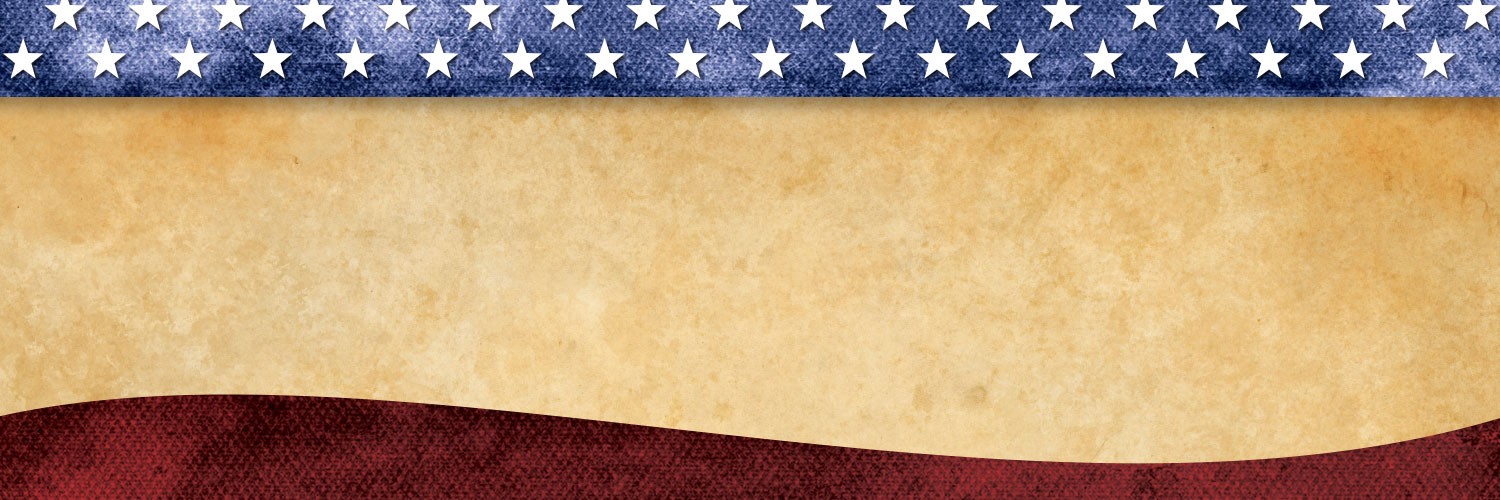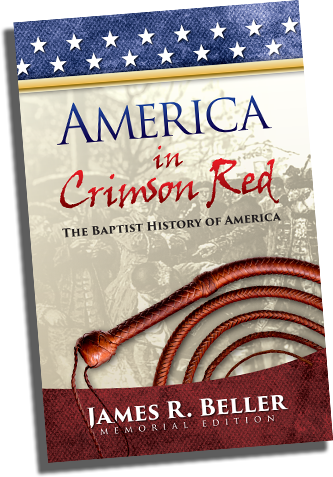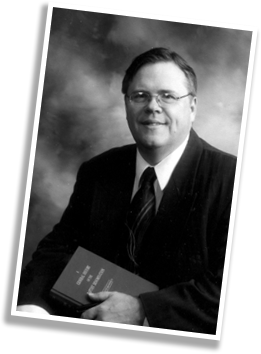03.13 A Courthouse Converted to a Church House
Scripture: Isaiah 61
This day was very significant in 1774 for several reasons. The Piscataway Baptist Church, located seven miles southwest of Tappahannock, Virginia, was constituted, and on the same day a warrant was issued to apprehend all the Baptist preachers at the meeting.
John Waller, John Shackleford, Robert Ware, and Ivison Lewis were taken before a magistrate. Ivison Lewis was released because it was not established that he had preached within the bounds of the county, but the others were sent to prison. They, however, from the beginning to the end of their imprisonment, preached twice during the week, gave godly advice to those who visited them, read the Scriptures a great deal, and prayed almost without ceasing. During this time they seemed to lack the sweet comfort and consolation which generally attended such experiences. John Waller in his journal wrote that they passed through various fiery trials, their minds being harassed by the enemy of souls.[1]
The court record of Essex County, Virginia, records the proceedings of the twenty-first day of March. in the year of our Lord 1774.
John Waller, Robert Ware, and John Shackleford, Anabaptist preachers being brought before this court by a warrant from under the hand of Archibald Ritchie, Gent., for preaching and expounding the Scriptures contrary to law, and confessing the fact, it is ordered that they and each of them do give security in the sum of twenty pounds with two good and sufficient securities in the sum of ten pounds each for their behavior twelve months: And it is also ordered that they be forthwith committed to the gaol of this county there to remain the aforesaid term, unless they give such security.[2]
Further my dear children, since it is pleasing to the Lord to take me out of the world, I will leave you a momento, not of silver or gold, for such jewels are perishable. I would fain inscribe a jewel in your heart were it possible–the word of truth. Thus I will a little teach you by the Word of the Lord, with my best wishes, according to the small ability I have received of the Lord, and in my simplicity.[3]
Robert Ware and John Shackleford both gave security and were released. This had been the second imprisonment for Robert Ware, who had been in prison at Urbana in Middlesex County jail with John Waller for forty-six days. This was John Shackleford’s only imprisonment to our knowledge.
Waller was always doubtful about the propriety of giving any bond whatever and was determined to go back to jail. He felt deserted by his brethren and scoffed and persecuted by his enemies, and he was locked up with a set of drunken and profane rowdies. After remaining in jail for fourteen days, he gave consent for bond and went home. This was his fourth and last imprisonment.
The old brick courthouse building where these men were arraigned as lawbreakers is still standing on U.S. Route 17 in the town of Tappahannock. It is now a Baptist church. The walls of the building that resounded with the condemnation of Baptist preachers for preaching the gospel of Jesus Christ have reverberated for many years now with the proclamation of that gospel and the songs of praise to its Author, Jesus Christ. Soon after the organization of the Centennial Baptist Church, the members bought the old courthouse and used it as a house of worship. The church changed its name to Beal’s Memorial Baptist Church in 1908 after Pastor Frank B. Beal, who faithfully served for a total of twenty-eight years.
This building is one of the few standing memorials that remind us of the great sacrifices our forefathers made to sow the gospel seed throughout the land and plant local churches in multitudes of communities. Many of the early buildings were of log and have since deteriorated, and others have burned, particularly during the Civil War. The forefathers also stood firmly for soul freedom and liberty of conscience. May we make every effort to preserve these landmarks and pass on to generations to come the importance of the principles for which our forefathers were willing to be imprisoned.–EWT
[1]Lewis Peyton Little, Imprisoned Preachers and Religious Liberty in Virginia (Lynchburg, Va.: J. P. Bell Co., 1938), pp. 399-407.
[2]Ibid.
[3]Ibid.









